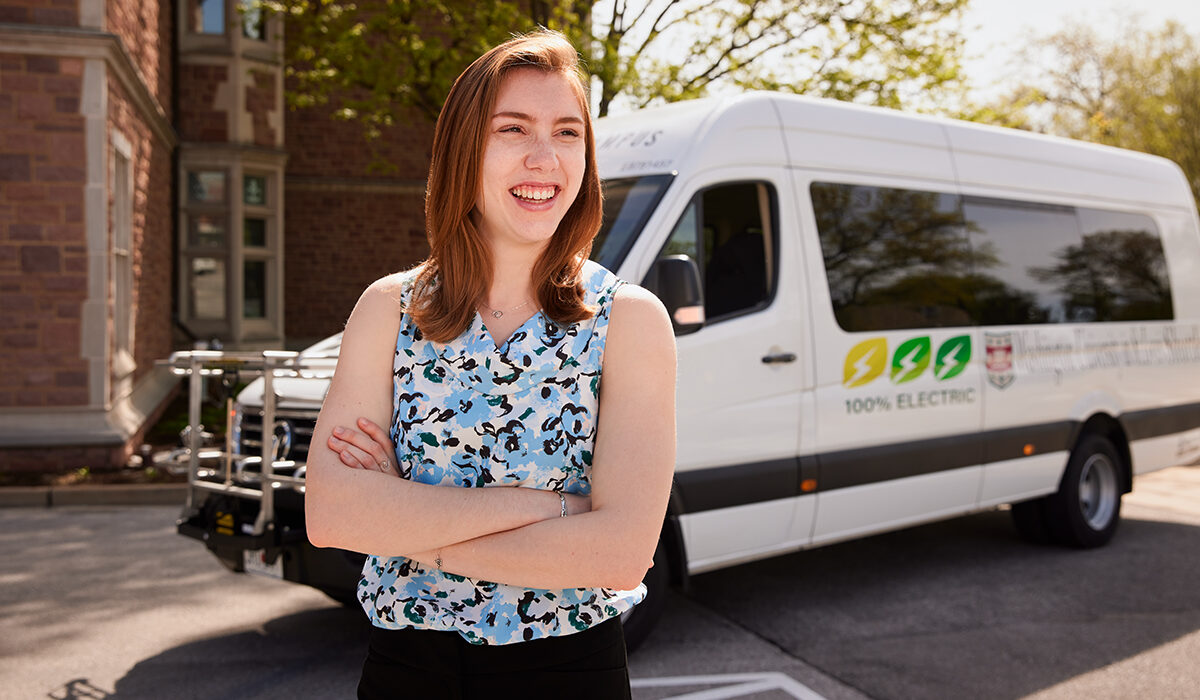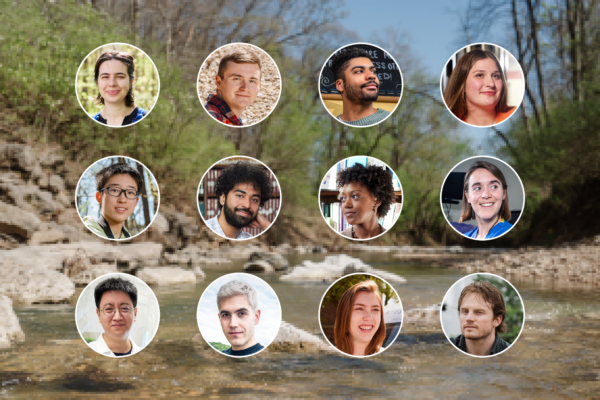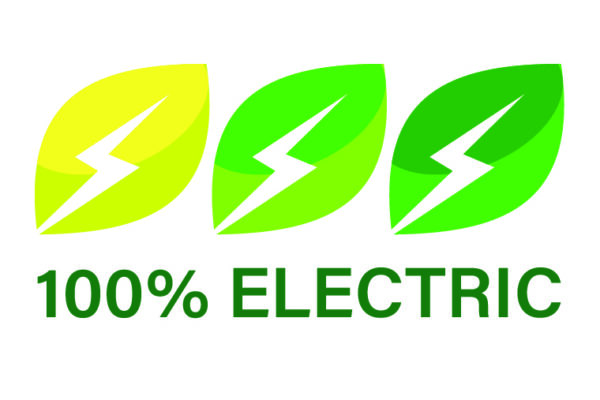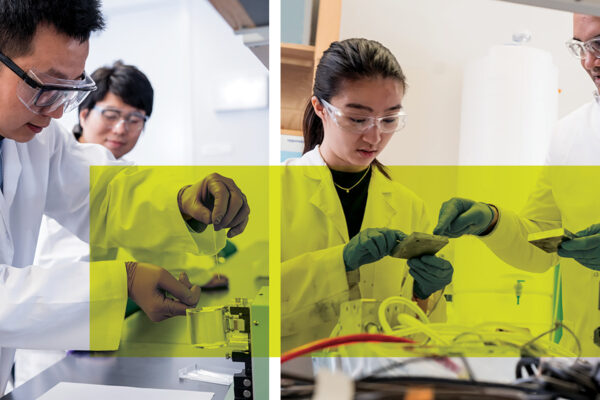Upon her arrival at Washington University in St. Louis, Lauren Bruhl knew she wanted to study the environment in some capacity. Her childhood in rural Stockton, N.J., where she explored its protected woodlands, helped cultivate her love for the environment, while her high school studies in Portugal, where she studied renewable energy, catalyzed her academic interest in reducing our carbon footprint.
“I’ve always been interested in the environment in a broader sense, like studying sustainability and energy. In order to protect social interest, we need to protect our climate and our ecosystems,” Bruhl said.
Now, about to graduate with a double major in environmental analysis and in German in Arts & Sciences, with a minor in the business of social impact from Olin Business School, Bruhl is ready to put her passion and skills into practice. This summer, she will begin working at Guidehouse as a commercial sustainability consultant, where she will use her expertise and business savvy to help companies become more environmentally conscious. Here, Bruhl reflects on her time in Arts & Sciences and her work for the Office of Sustainability.
When did you realize that you could make sustainability a part of your career?
I took an environmental policy course and then had an internship with the New Jersey Department of Environmental Protection doing environmental policy work and permitting projects. I decided that work wasn’t for me, so I started exploring other ways I could apply my knowledge. That’s when I realized that business is an effective way to make change. Businesses are a part of how our world works, and they’re affecting our climate now. If I can work with businesses and help them become more sustainable, that’s powerful. It’s something that I’m excited about and I look forward to seeing where it takes me.
You were instrumental in bringing electric vehicles (EVs) onto campus. Can you talk about what that process was like?
The idea started my first year as a project for Net Impact, which is a club that focuses on sustainability and business. My team created a project to get electric shuttle buses onto campus. We showed this to people at the Office of Sustainability, who thought it was a great idea, and I ended up joining them as a vehicle electrification intern. My team did a lot of research — operational research, financial research, working with administration on campus to get data and do spreadsheets and working with off-campus partners — to produce a strong proposal to the university that we should get electric shuttle buses. It was a long process, but we now have almost 30 EVs in operation.
How will you connect your work on EV implementation to your next role as an environmental consultant?
There are definitely numerous stepping stones in successfully completing environmental projects. Knowing when to push your agenda and when to step back is important. If you continuously push your view all the time and make others feel alienated, they’re not going to want to listen to you and collaborate. You need to know how to talk to people in different fields of expertise and work with them to make substantial progress.



